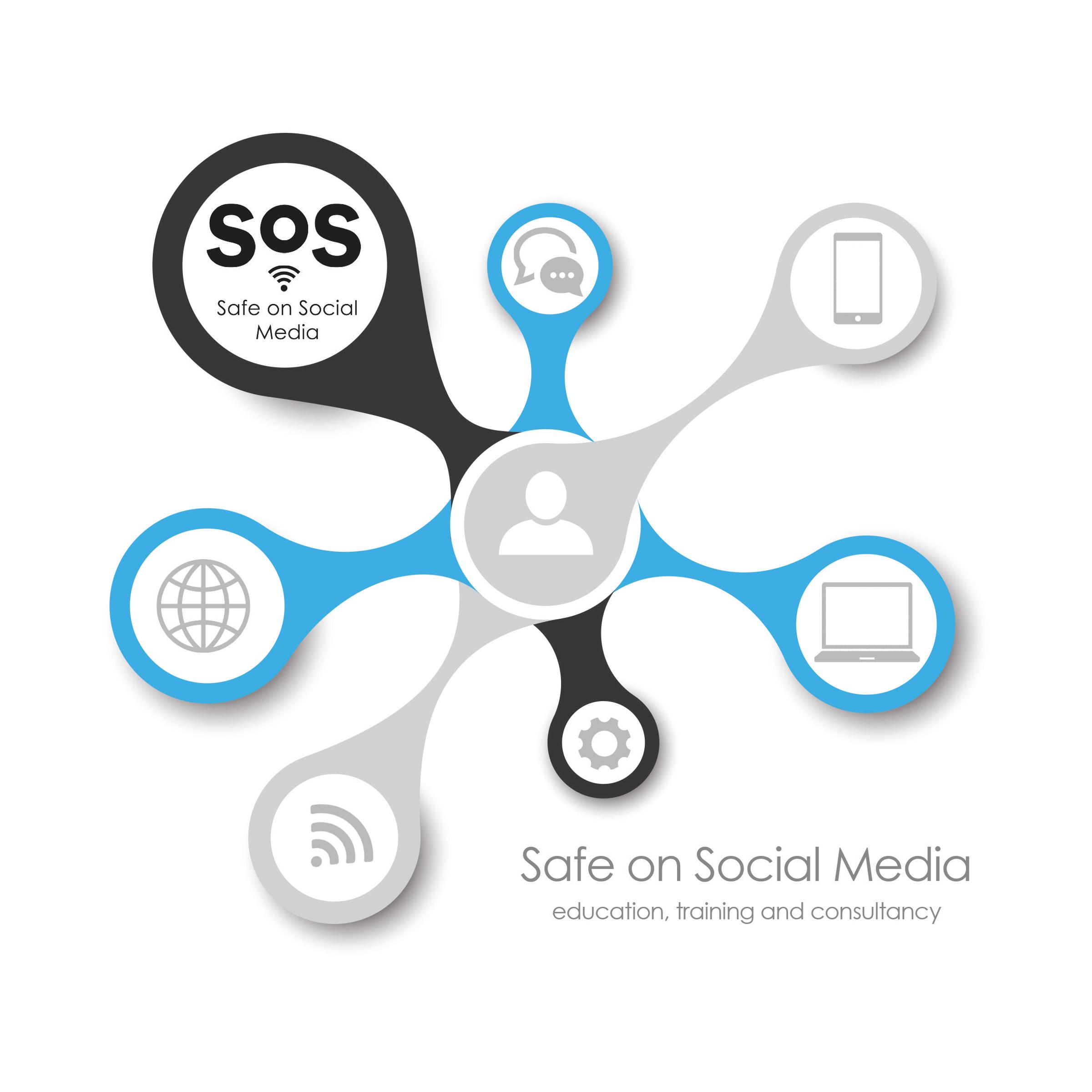Safe On Social Media

Don't say anything online that you wouldn't want plastered on a billboard with your face on it.
Erin Bury
Video game obsession isn't really about the video games
Are video games like Fortnite harmful to kids? Parents need to understand why kids play and when to worry and when to relax.
Many parents are concerned with their child’s seemingly obsessive video game play. Fortnite, the most recent gaming phenomenon, has taken the world by storm and has parents asking whether the shooter game is okay for kids.The short answer is yes, Fortnite is generally fine. Furthermore, parents can breathe easier knowing that research suggests gaming (on its own) does not cause disorders like addiction. However, there’s more to the story. A comprehensive answer to the question of whether video games are harmful must take into account other factors. Fortnite is just the latest example of a pastime some kids spend more time on than is good for them. But parents need to understand why kids play as well as when to worry and when to relax.
Addiction, really?
The word “addiction” gets tossed around quite a bit these days. It’s not uncommon to hear people say that they are addicted to chocolate or shoe shopping, but if it isn’t causing serious harm and impairment to daily function, it isn’t an addiction. It’s an overindulgence.
This isn’t just semantics. An addiction involves a lack of control despite adverse consequences. Parents may worry their kids are addicted, but if the child can pull themselves away from a game to join the family for a conversation over dinner, and shows interest in other activities, like sports or socializing with friends, then they are not addicted.
Generally, parents panic when their kid’s video game playing comes at the expense of doing other things like studying or helping around the house. But let’s be honest, kids have been avoiding these activities for ages. Equally true is the fact parents have been complaining about their unhelpful children well before the first video game was plugged into its socket.
In fact, moderate video gameplay has been shown to be beneficial. A study conducted at Oxford by Dr. Andrew Przybylski revealed playing about one hour per day enhanced psychological well-being, while when taken to an extreme, playing over three hours per day, was correlated with less well-being.
The real question should be what is it about the special draw of gaming that makes it the preferred pastime of so many millions of kids? What makes it so difficult for even non-addicted kids to step away from video games sometimes?
The answer has to do with the way games address basic psychological needs.
What kids are looking for (and not getting)
Fortnite, like any well-designed video game, satisfies what we are all looking for. According to Drs. Edward Deci and Richard Ryan, people need three things to flourish. We look for competence — the need for mastery, progression, achievement, and growth. We need autonomy — the need for volition and freedom of control over our choice. And finally, we strive for relatedness — the need to feel like we matter to others and that others matter to us. Unfortunately, when considering the state of modern childhood, many kids aren’t getting enough of these three essential elements.
School, where kids spend most of their waking hours, is in many ways the antithesis of a place where kids feel competence, autonomy, and relatedness. There, kids are told what to do, where to be, what to think, what to wear, and what to eat. Alarms and bells orchestrate their movements with farm-chattel precision while teachers opine on topics students could care less about. If they’re bored and want to go, they’re punished. If they want to learn something else, they’re told to be quiet. If they’d like to go deeper on a topic, they’re prodded to stay on track. Of course, this isn’t every student’s experience and different countries, schools, and teachers use different approaches to educate kids. But while some argue discipline and control provide structure, it’s clear why teachers and students might struggle with motivation in the classroom.
Gamers feel competence when they practice strengths to achieve their aims. In a game, players have the autonomy to call the shots, do what they want, and experiment with creative strategies to solve problems. Games are also social outlets where players can feel relatedness. In Fortnite, for example, players often meet in the virtual environment to chat and socialize because doing so in the real world is often inconvenient or off limits.
Whereas previous generations were allowed to simply play after school and form close social bonds, many kids today are raised by fearful and overworked parents who insist their kids either attend a regimented afterschool program or stay behind lock and key at home.We shouldn’t be surprised when the confinement kids find themselves in today often yields behaviors we don’t understand and don’t like. Games satisfy psychological needs other areas of life are not satiating.Of course, none of this is to say video games are a good substitution — quite the opposite. While a well-designed game attempts to satisfy these needs, it can’t come close to the deep satisfaction real life and real human connection can provide.
How to report Cyber-Bullying
Statistics say that one in five Australian children aged 8 to 17yrs have been the target of cyber-bullying in the last year. Most social media networks have rules banning cyber-bullying and have complaints tools for reporting.
Firstly, take screenshots so you have evidence.
Then report and block the bully on whatever social media app is being used. Some social media sites can take up to 48hrs to remove the reported post but you MUST report through these channels before reporting to to The Office of the Children’s eSafety Commissioner.
Report it to The Office of the Children’s eSafety Commissioner by filling in the online complaints form at esafety.gov.au if the site does not act in 48hrs.
If the bullying is threatening someone’s life or involves child pornography immediately contact your local police station.
Everything you post on social media impacts your personal brand. How do you want to be known?
The Publicity Gal
